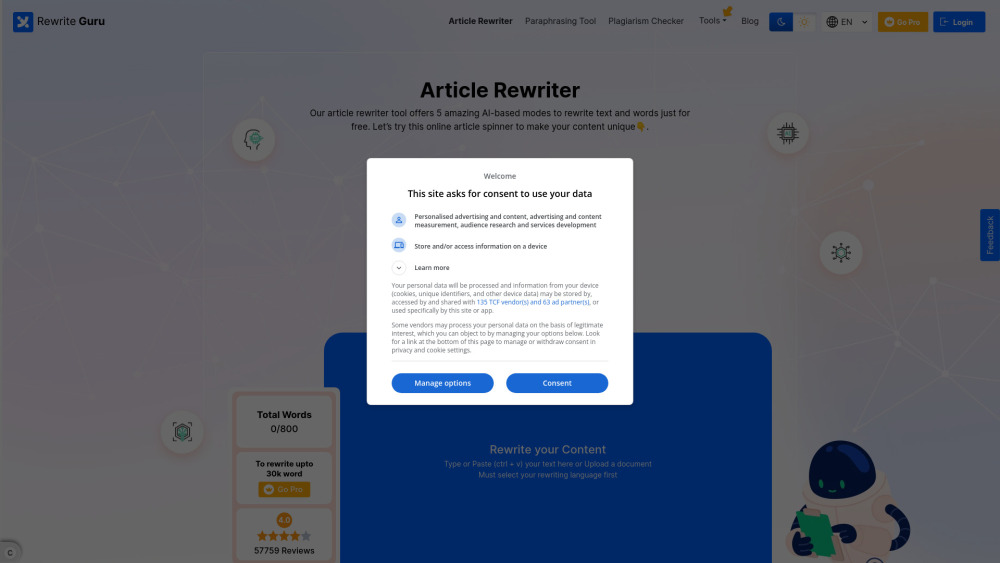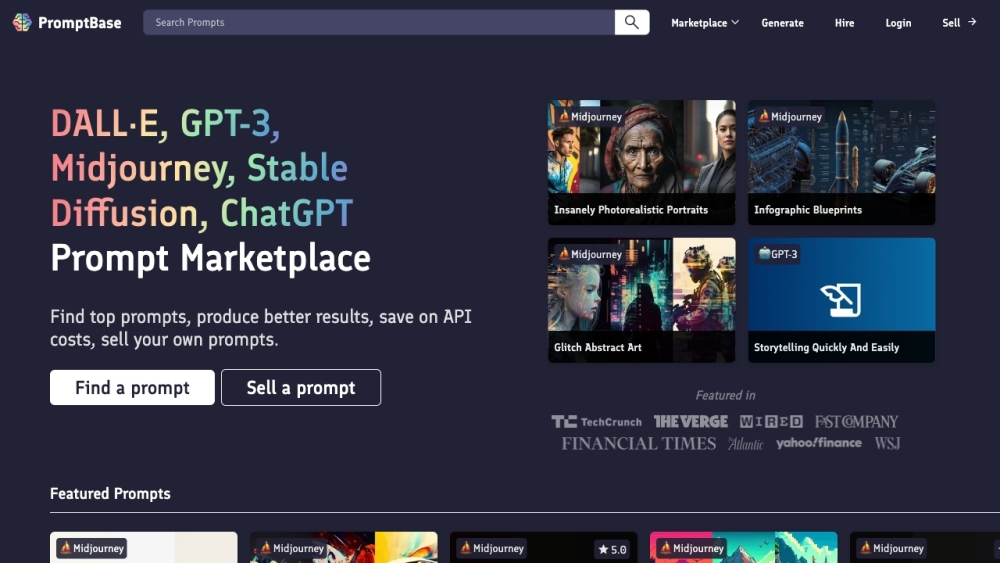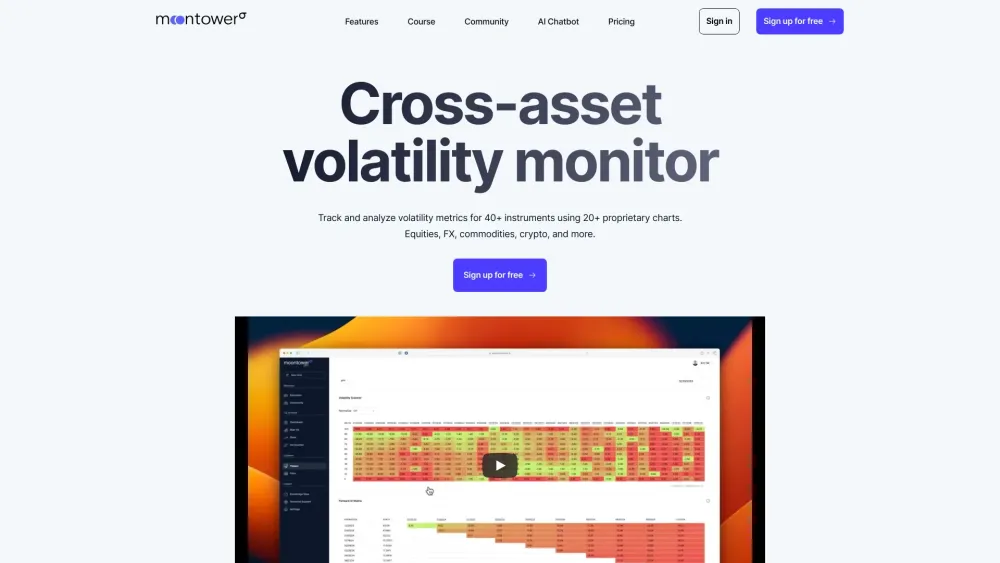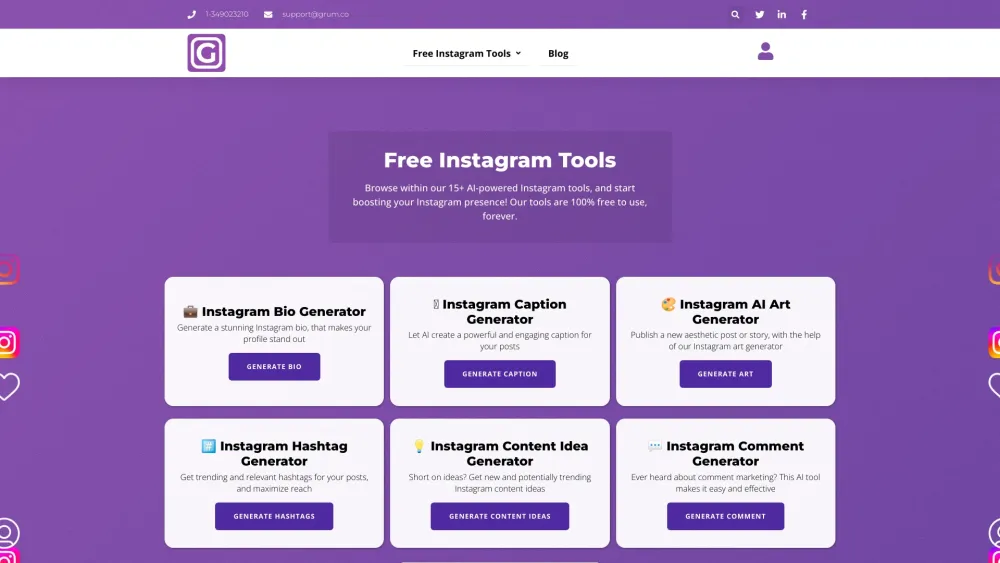OpenAI has unveiled its highly anticipated AI-powered search engine, SearchGPT, which offers real-time access to information across the internet. At its core, SearchGPT prompts users with a question—“What are you looking for?”—and instead of providing a simple list of links, it organizes and summarizes findings. For instance, searching for music festivals yields concise event descriptions, complete with attribution links. Additionally, it informs users about the best times to plant tomatoes, detailing various plant varieties. After results are displayed, users can ask follow-up questions or explore related links available in a sidebar.
Currently, SearchGPT remains a “prototype” and will initially be available to 10,000 test users, powered by the GPT-4 model according to OpenAI spokesperson Kayla Wood. OpenAI is collaborating with third-party partners and utilizing direct content feeds to enhance its search results, with an eventual goal of integrating these features directly into ChatGPT.
This launch positions OpenAI as a potential competitor to Google, which has been hastily incorporating AI features into its platform, and to the startup Perplexity, branded as an AI “answer” engine. Perplexity has faced backlash for an AI summary feature that some publishers believe misappropriates their content.
OpenAI has taken a different approach, highlighting that SearchGPT was developed with input from various news partners like The Wall Street Journal, The Associated Press, and Vox Media. Wood noted this collaboration allows for ongoing feedback from publishers, who can manage how their content appears in OpenAI’s search features. They have the option to opt out of having their content used for training OpenAI’s models while still being included in search results.
According to OpenAI’s blog post, “SearchGPT is designed to help users connect with publishers by prominently citing and linking to them.” Each response features clear, in-line attribution with links, ensuring users know the source of the information and can quickly access more results in the sidebar.
Releasing SearchGPT as a prototype offers several advantages. It provides flexibility in addressing potential inaccuracies—similar to the errors seen when Google launched AI Overviews—by labeling the results as a prototype. It also minimizes the risks associated with misattribution or outright content appropriation, as highlighted by criticisms toward Perplexity.
This project has been in development for months, with reports emerging earlier this year about OpenAI’s intentions. Additionally, OpenAI has recently enhanced ChatGPT's capabilities to interact more effectively with real-time web data. When GPT-3.5 was released, it was already months outdated, but last September, OpenAI introduced a browsing feature called Browse with Bing, although it appears less sophisticated than SearchGPT.
As OpenAI continues to attract millions of ChatGPT users, operating costs are escalating, with projections suggesting AI training and inference expenses could reach $7 billion this year. The free initial launch of SearchGPT highlights the company’s need to establish a monetization strategy moving forward.




